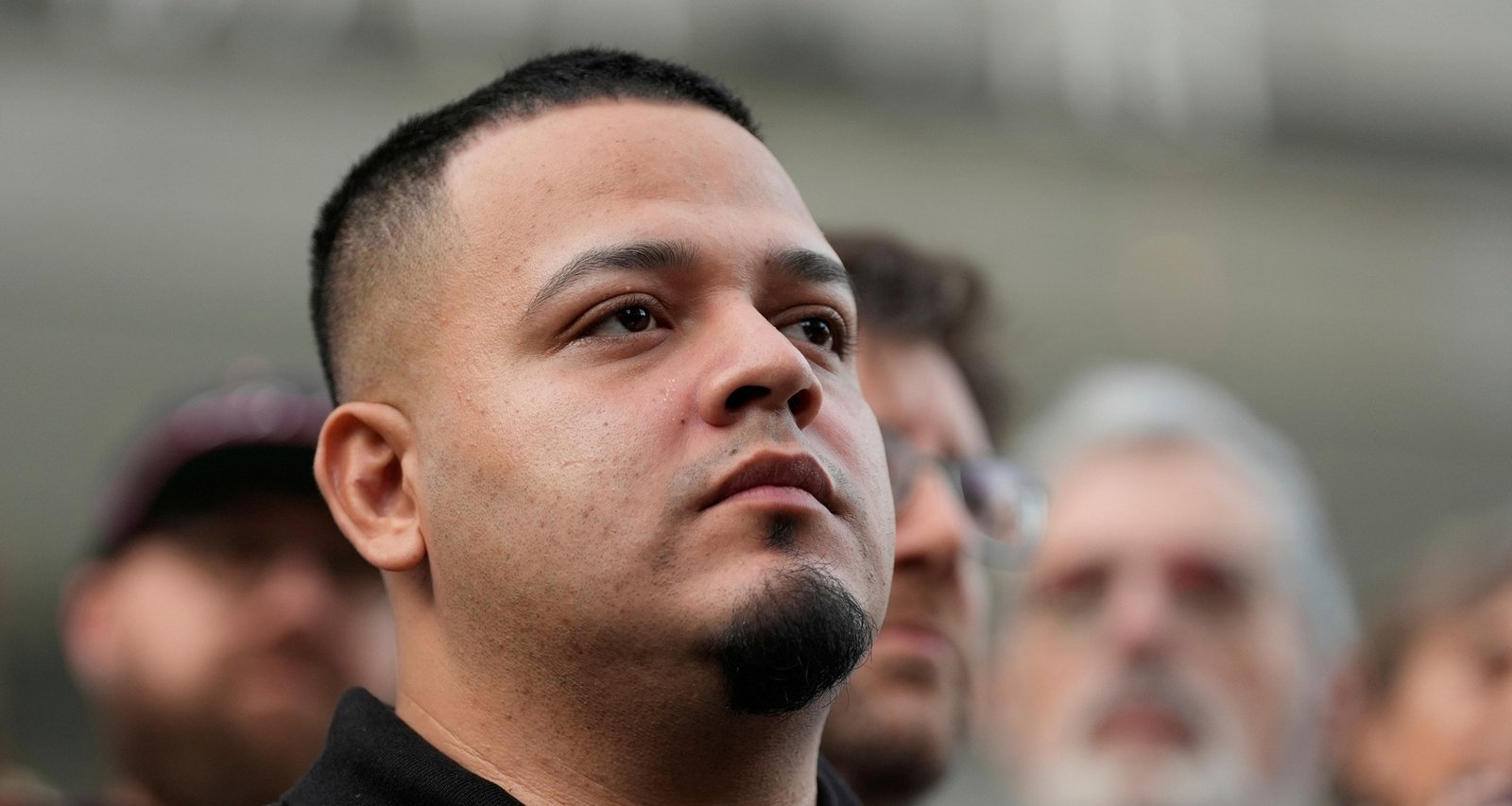Inquiry into prosecution motives
In a separate order, Crenshaw directed federal prosecutors to provide, under seal, internal documents explaining the government’s shift from an earlier position of “deport but not prosecute” to its current plan to prosecute first and deport later. The judge acknowledged that such material would normally be shielded from disclosure, but said the case presents unusual circumstances.
According to the memorandum opinion, Abrego Garcia has shown a “reasonable likelihood” that the prosecution may be partly retaliatory for actions he took in an earlier immigration proceeding in Maryland. Crenshaw said questions remain about why the file appeared on Acting U.S. Attorney Robert McGuire’s desk on April 27 — after DHS had closed the matter on April 1 — and instructed the government to produce related email correspondence between McGuire’s office and the Deputy Attorney General’s Office.
The judge added that the motivations of officials who revived the case are relevant to the defense’s motion to dismiss the indictment on grounds of vindictive prosecution. Two days of evidentiary hearings are scheduled for next week.
Complex immigration history
Abrego Garcia, who had lived in Maryland with his wife and children, was deported in March to El Salvador’s CECOT mega-prison despite a 2019 court order barring his removal to that country because of fears of persecution. Federal authorities said the deportation was justified by allegations of MS-13 membership, a claim his family and lawyers dispute.
In June, U.S. agents returned Abrego Garcia to face charges in the Middle District of Tennessee that he conspired to smuggle migrants across the U.S.–Mexico border. He pleaded not guilty and was initially released to his brother’s home in Maryland while awaiting trial. Immigration officers detained him again weeks later, and he is now held at a detention facility in Pennsylvania.

Imagem: Internet
Meanwhile, U.S. District Judge Paula Xinis, who presides over Abrego Garcia’s separate immigration case in Maryland, previously prohibited the government from removing him from U.S. soil. Nevertheless, DHS informed the Maryland court on Friday that Liberia has agreed to accept him if his deportation is authorized. The department earlier indicated possible transfers to Eswatini or Uganda.
Restrictions on official commentary
Crenshaw’s gag order underscores continuing tension between the judiciary and executive branch over high-profile criminal matters. The ruling mirrors guidance in federal model local rules that limit lawyers and law-enforcement officials from issuing statements likely to prejudice a jury pool.
Under the order, any reference by government personnel to Abrego Garcia’s “character, reputation or criminal record” outside court filings is prohibited. The court also disallowed statements suggesting he poses a danger to the community or is responsible for uncharged misconduct.
The DOJ has not publicly responded to the decision. A DHS spokesperson likewise declined to comment on pending litigation.
Abrego Garcia remains in federal custody while his legal team prepares for next week’s hearings, which are expected to delve into the origins of the prosecution and the accuracy of government assertions tying him to MS-13. The outcome could influence whether the smuggling case proceeds to the January trial date or is dismissed on constitutional grounds.
Crédito da imagem: Stephanie Scarbrough/AP



